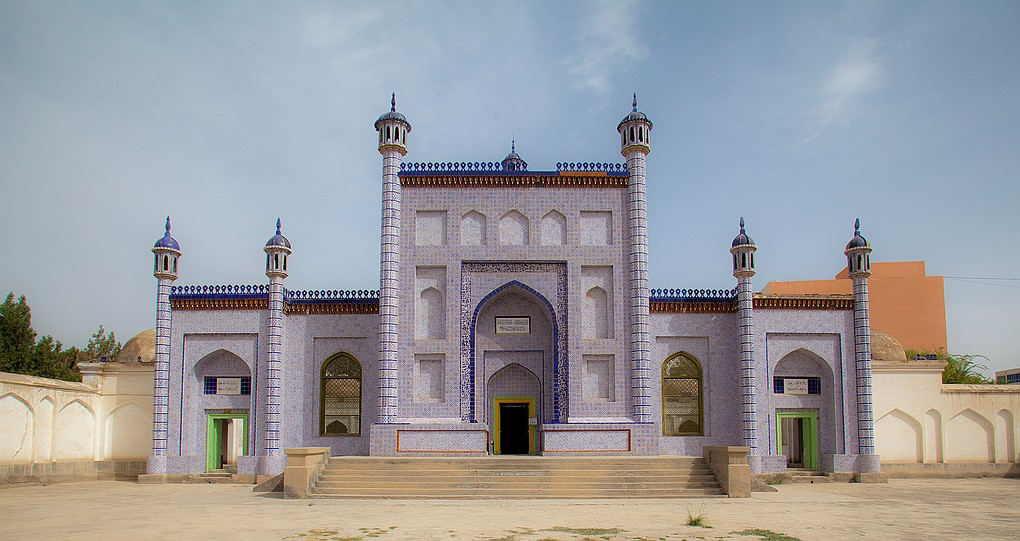Babur
A map of Timurid Ferghana and its surrounding Timurid and Mongol neighbours at the time of Babur's accession.
Babur, whose full name was Zahir-ud-din Muhammad Babur, had a remarkable career that began when he inherited the Timurid palace of Fergana in 1494 at 12. This event started his journey as one of the most significant figures in Indian history.
After Babur inherited Fergana, he faced numerous challenges and struggles maintaining control over his small kingdom. The region was strategically essential but politically volatile, with rival factions vying for power. Babur's early years were marked by conflicts and shifting alliances as he sought to assert his authority and expand his territories.
Despite initial setbacks, Babur proved to be a skilled military leader and a shrewd strategist. He gradually consolidated his power in Fergana and then set his sights on broader ambitions. In 1504, he captured Kabul, his base for launching further expeditions.
Babur's most significant conquest came in 1526 when he defeated Ibrahim Lodi, the Sultan of Delhi, at the Battle of Panipat. This victory established the Mughal Empire in India, marking the beginning of Babur's rule over a vast empire that would eventually encompass much of the Indian subcontinent.
Babur is also known for his literary talents, notably his autobiography titled "Baburnama" (Memoirs of Babur), which provides valuable insights into his life, thoughts, and the historical context of his time.
Overall, Babur's career exemplifies ambition, resilience, and adaptability. He navigated the complex political landscape of Central and South Asia to leave a lasting legacy as the founder of one of India's most influential empires.




Comments
Post a Comment